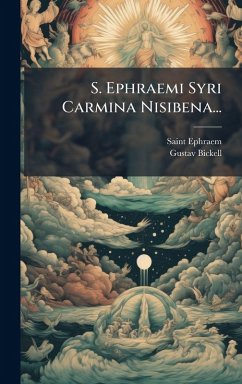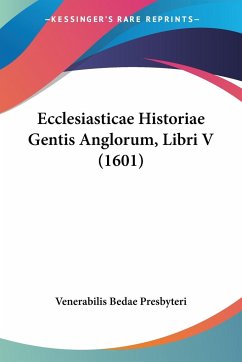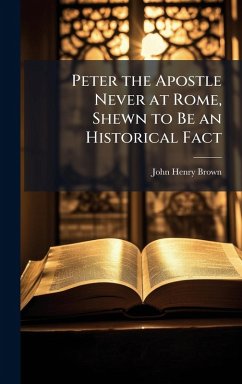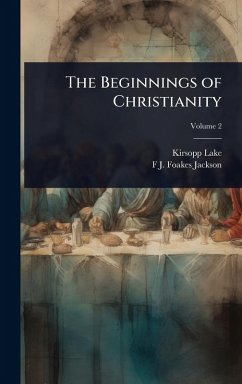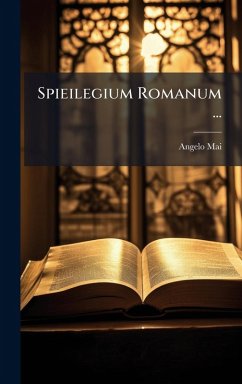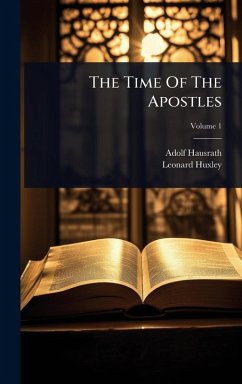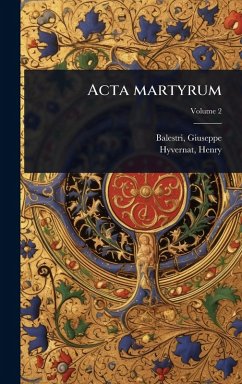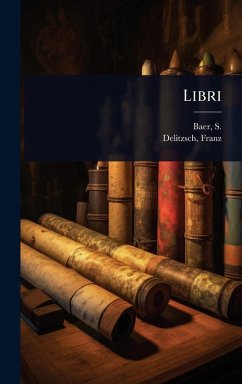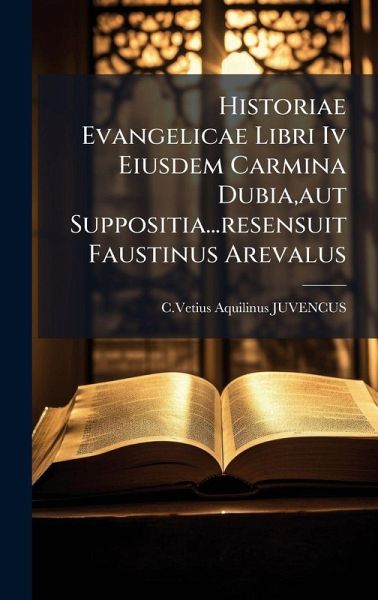
Historiae Evangelicae Libri Iv Eiusdem Carmina Dubia, aut Suppositia...resensuit Faustinus Arevalus
Versandkostenfrei!
Versandfertig in über 4 Wochen
37,99 €
inkl. MwSt.
Weitere Ausgaben:

PAYBACK Punkte
19 °P sammeln!
Historiae Evangelicae Libri IV, authored by C. Vetius Aquilinus Juvencus, offers a significant early Christian poetic rendition of the Gospels in Latin. This edition, carefully reviewed by Faustinus Arevalus, presents Juvencus's verses alongside attributed but questionable or spurious carmina. The work provides valuable insights into the interpretation and dissemination of the Gospel narratives within the Roman Empire during the 4th century. Juvencus's poetic rendering of the Gospels offers a unique perspective on the sacred texts, reflecting the literary and cultural context of late antiquity...
Historiae Evangelicae Libri IV, authored by C. Vetius Aquilinus Juvencus, offers a significant early Christian poetic rendition of the Gospels in Latin. This edition, carefully reviewed by Faustinus Arevalus, presents Juvencus's verses alongside attributed but questionable or spurious carmina. The work provides valuable insights into the interpretation and dissemination of the Gospel narratives within the Roman Empire during the 4th century. Juvencus's poetic rendering of the Gospels offers a unique perspective on the sacred texts, reflecting the literary and cultural context of late antiquity. This volume serves as an invaluable resource for scholars interested in early Christian literature, the history of biblical interpretation, and the intersection of classical and Christian traditions. It remains a testament to the enduring influence of the Gospels and their adaptation across diverse literary forms. This work has been selected by scholars as being culturally important, and is part of the knowledge base of civilization as we know it. This work was reproduced from the original artifact, and remains as true to the original work as possible. Therefore, you will see the original copyright references, library stamps (as most of these works have been housed in our most important libraries around the world), and other notations in the work. This work is in the public domain in the United States of America, and possibly other nations. Within the United States, you may freely copy and distribute this work, as no entity (individual or corporate) has a copyright on the body of the work. As a reproduction of a historical artifact, this work may contain missing or blurred pages, poor pictures, errant marks, etc. Scholars believe, and we concur, that this work is important enough to be preserved, reproduced, and made generally available to the public. We appreciate your support of the preservation process, and thank you for being an important part of keeping this knowledge alive and relevant.




